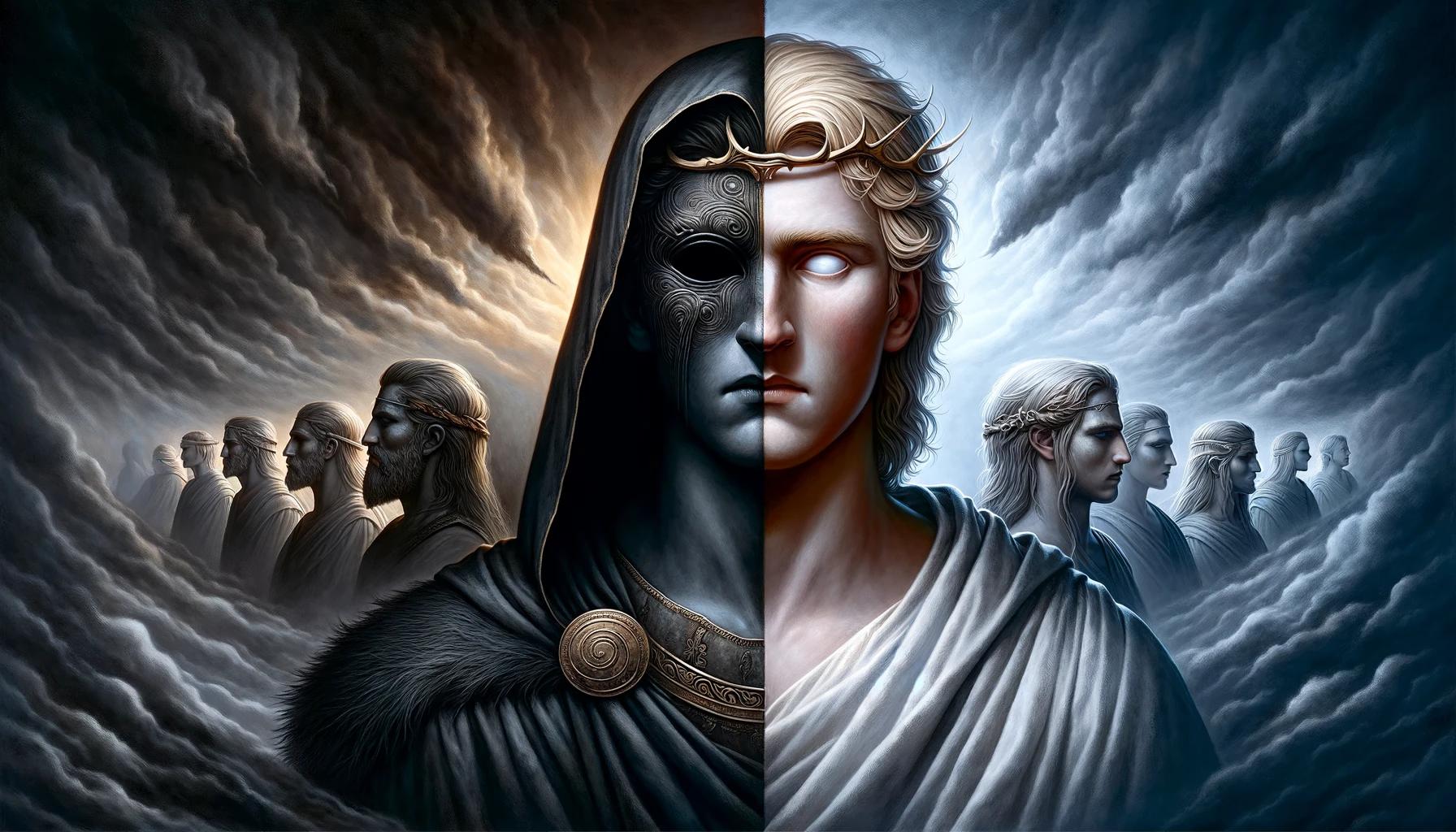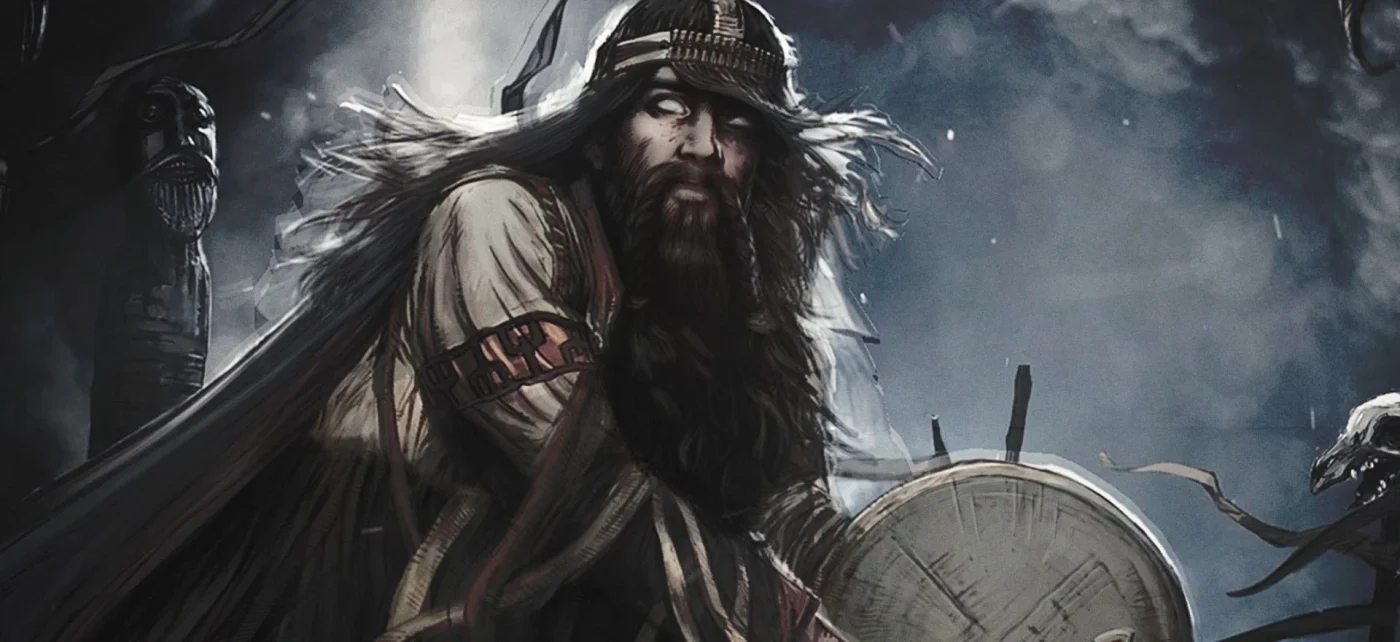Nordic Discovery
Hod Norse God: Mythology, Stories & Facts
Hod, the blind Norse god of winter and darkness, plays a pivotal role in Norse mythology, despite his limited appearances. Though often overshadowed by his radiant brother Baldr, Hod’s story is a tragic tale of manipulation, betrayal, and ultimately, vengeance. Understanding Hod requires delving into his family ties, his role in the death of Baldr, and his own eventual demise.
Hod’s Family and Attributes
Hod is the son of Odin, the chief of the Norse gods, and Frigg, the goddess of motherhood and wifehood. He is depicted as a blind god, often associated with darkness and winter. This blindness is not merely physical; it symbolizes a lack of foresight and an inability to perceive the true nature of things. This makes him susceptible to manipulation, a key factor in the unfolding of his tragic fate.
While Hod is often associated with negative attributes like darkness and blindness, he is also connected to winter, a time of dormancy and introspection. In some interpretations, he is even seen as a god of warriors, possibly due to his association with archery. However, these aspects are often overshadowed by his role in the Baldr myth.
Hod and the Death of Baldr

The most significant myth involving Hod centers around the death of his brother, Baldr, the god of light and beauty. Baldr began having dreams of his own death, which greatly distressed his mother, Frigg. Determined to protect her son, Frigg extracted oaths from every living thing in the world not to harm Baldr. However, she overlooked mistletoe, considering it too young and insignificant to pose a threat.
Loki, the trickster god, seized upon this oversight. He crafted a spear from mistletoe and tricked Hod, who was unable to see, into throwing it at Baldr. The mistletoe spear pierced Baldr, killing him instantly. This act plunged the world into darkness and grief, and it is considered a pivotal event in Norse mythology, foreshadowing the coming of Ragnarök, the twilight of the gods.
Hod’s role in this tragedy is complex. He did not act out of malice but was manipulated by Loki, becoming an unwitting instrument of Baldr’s demise. His blindness, both literal and metaphorical, prevented him from seeing the truth and understanding the consequences of his actions. This highlights the tragic nature of his character, a pawn in a larger game orchestrated by the malicious Loki.
Hod’s Fate and Legacy
Following Baldr’s death, the gods sought retribution. Odin, grief-stricken and enraged, fathered a son, Vali, with the giantess Rindr. Vali was destined to avenge Baldr, and he did so by killing Hod. In some versions of the myth, Hod is resurrected after Ragnarök, along with Baldr, to dwell in a new and peaceful world. This suggests that despite his tragic actions, Hod is not entirely villainous. His blindness and susceptibility to manipulation make him a pitiable figure, rather than a purely evil one.
Hod’s legacy in Norse mythology serves as a reminder of the destructive power of deception and the tragic consequences of blindness, both literal and metaphorical. His story also highlights the theme of fate and the inevitability of destiny in Norse mythology. Even though Hod was a pawn in Loki’s scheme, he was still held accountable for his actions. This emphasizes the importance of individual responsibility, even in the face of manipulation and external forces.
Conclusion
Though not as prominent as some other Norse gods, Hod plays a crucial role in Norse mythology. His tragic story, intertwined with the death of Baldr, serves as a poignant reminder of the consequences of blindness and deception. While Hod may be remembered for his role in this tragedy, his story also highlights the complexities of fate, free will, and the enduring power of Norse mythology to explore the depths of human experience.

